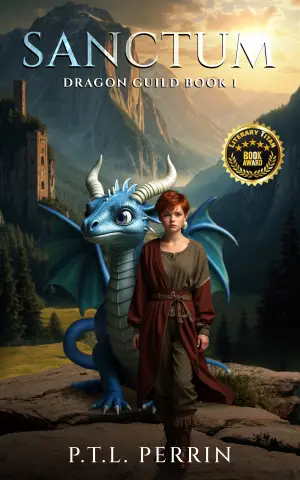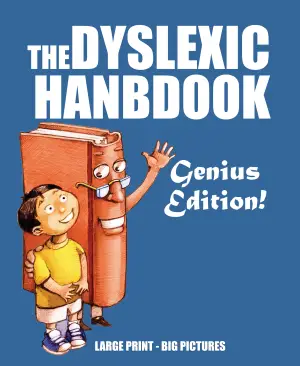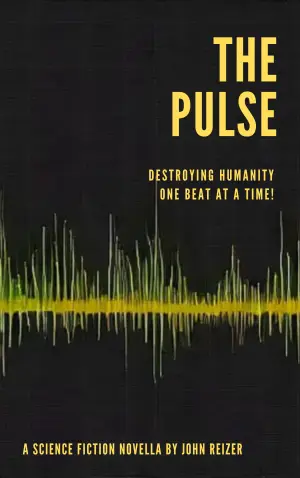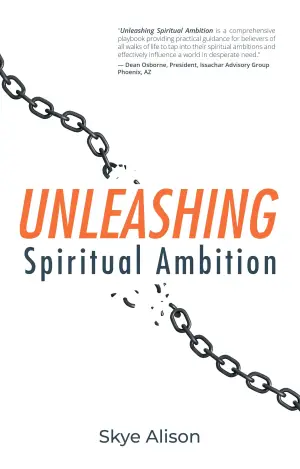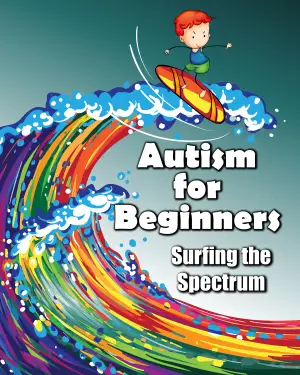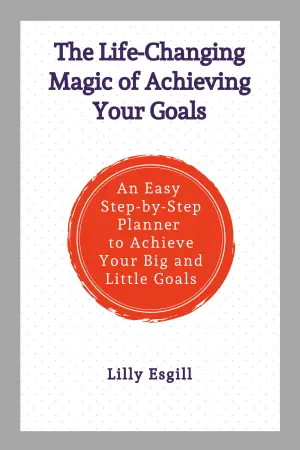Book Review: Axiom (Axiom, #1) by L.A. Fielding
As I cracked open Axiom, the first book in L.A. Fielding’s anticipated series, I was immediately drawn in by the book’s intriguing premise. Fielding deftly weaves a narrative that challenges our understanding of reality and identity—a theme that resonates deeply in today’s fast-paced, tech-driven world. I was excited not only for a captivating story but also to see how the author would navigate such weighty concepts.
In Axiom, we follow the journey of Lyra, a brilliant young scientist whose groundbreaking research on human consciousness takes a dark turn. When her experiments lead her to question the very fabric of reality, she finds herself entangled in a web of corporate conspiracies, ethical dilemmas, and personal betrayals. The book explores profound themes like the morality of advancement and the magnetic pull of ambition. I was both thrilled and unnerved by the possible implications of Lyra’s discoveries—how often do we tread the line between innovation and exploitation?
Fielding excels in creating dynamic characters. Lyra is remarkably relatable; her vibrant intellect is matched only by her vulnerabilities. As she grapples with her decisions, I found myself reflecting on the crossroads we all face when ambition clashes with integrity. The supporting cast, particularly her mentor-turned-adversary, adds layers of tension and depth to the narrative. Their interactions are charged with emotion, reminding us how personal connections can impact our choices in profound ways.
The writing itself is a highlight of the book. Fielding employs a rich, descriptive style that immerses you in Lyra’s world. The pacing is masterful; I rarely felt a lull, as each chapter escalated the tension and kept me on my toes. One memorable quote that stuck with me was, “In the quest for truth, we often forge our own chains,” which encapsulates the book’s exploration of ambition and the strangling nature of our pursuits. It made me reflect on my own life choices—how the pursuit of knowledge and power can sometimes lead to unexpected consequences.
Throughout my reading, I found myself laughing, gasping, and even questioning my own beliefs—an intimate experience that made me feel as if I were journeying alongside Lyra. Fielding’s ability to draw the reader in is commendable, and I appreciated the philosophical questions that lingered long after I turned the last page.
I believe that Axiom will particularly resonate with readers who enjoy speculative fiction that dives into complex moral and ethical territory—think fans of Black Mirror or those captivated by the intricate narratives of authors like Philip K. Dick. This book is not just a great read but also a thought-provoking exploration of the human psyche and our relentless drive for progress.
In conclusion, Axiom left me pondering long after I finished it. It’s more than just a thrilling ride; it’s a mirror reflecting our own world. If you’re looking for a book that balances a gripping plot with rich thematic content, Axiom is a must-read. I can’t wait to see where L.A. Fielding takes us next!

